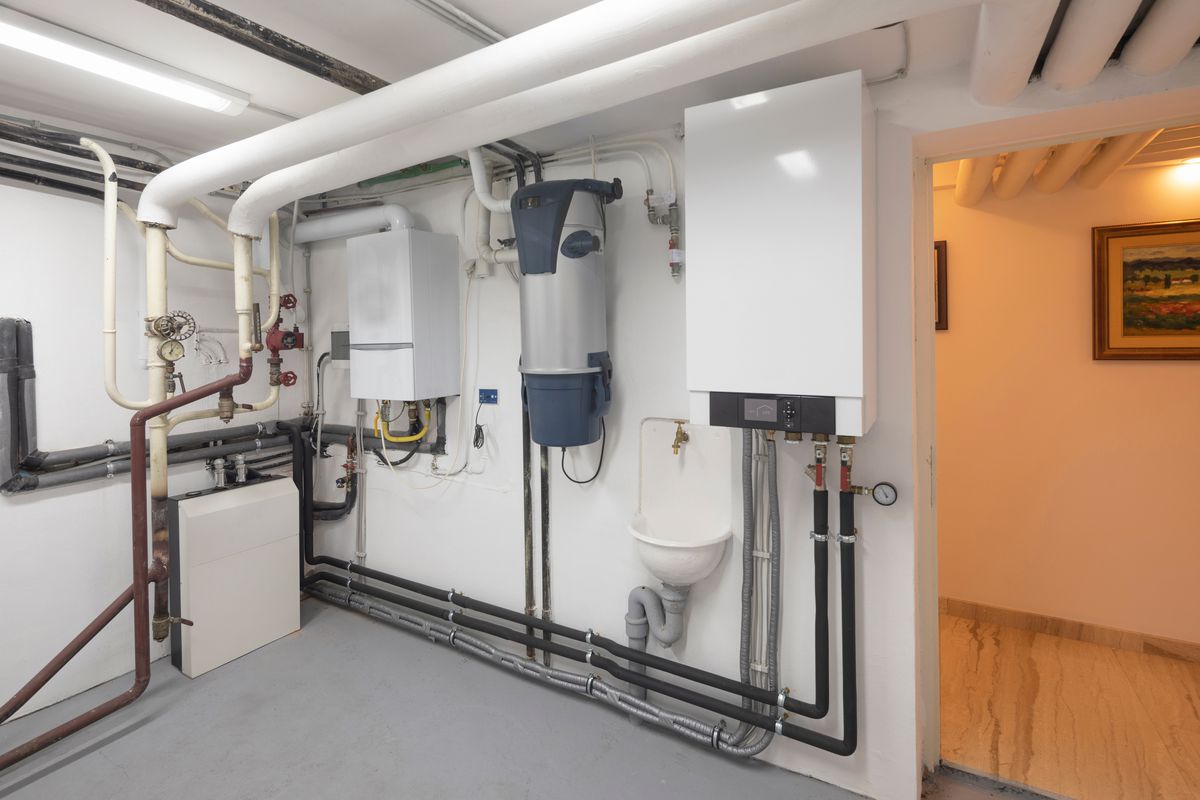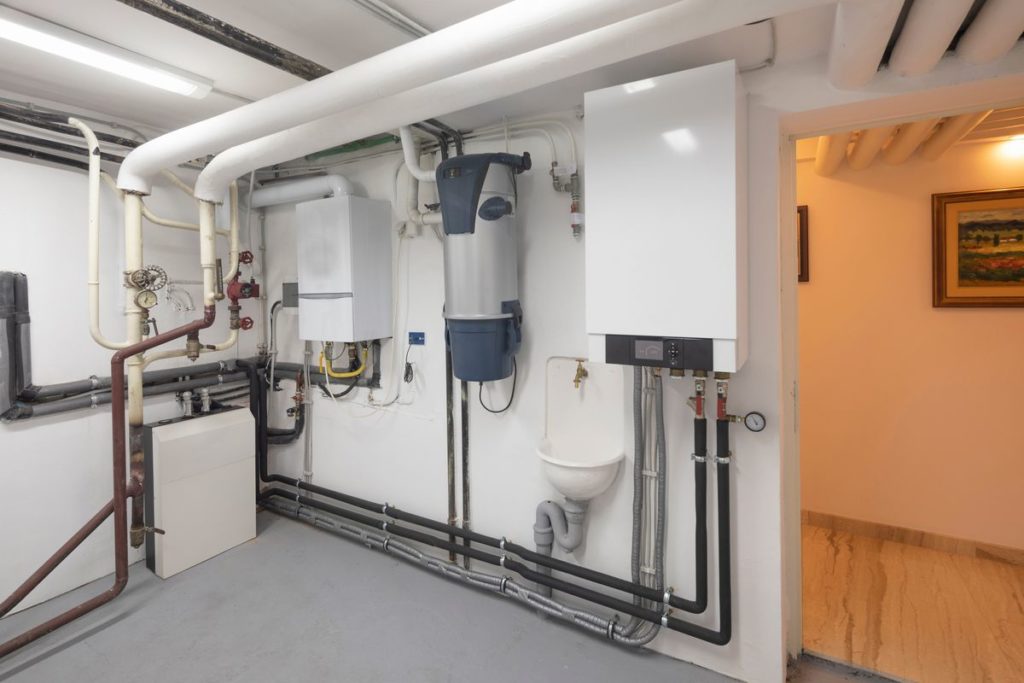What Exactly Are Heat Pumps And Are They a Suitable Source of Green Energy For Your Home or Business?

Investing in renewable sources of energy for your home or business is crucial for the fightback against climate change. Whether you are looking to install renewables for your business or your home, they can help you dramatically reduce your carbon footprint. As well as this, unshackling yourself from gas and electric companies can also save you money on your bills! So, whether your motivation is altruistic or economical, renewable energy is a smart choice. One of the most popular sources of renewable energy for both domestic and commercial properties are heat pumps. But what are they? Here, we take a detailed look at heat pumps; what they are, how they work, what their main benefits are and what you need to know to get one yourself.
What Are Heat Pumps and How Do They Work?
Heat pumps are heating and cooling systems which pull heat into a building externally. The three types of heat pumps available on the market are ground source, air source and water source heat pumps. All three of these systems provide an alternative way to heat your property and save money on your bills.
Air Source
Air source heat pumps work by extracting heat from the air outside a property and using it to heat the indoors. These systems use fans to pull air into the pump system to heat a refrigeration liquid. This liquid is then compressed and then condensed using electricity, which provides stored heat. From there, this heat can be sent around a home to radiators, underfloor heating and water storage. Although these systems use electricity, the heat produced should outweigh the electrical expense, making air source heat pumps a more renewable source of energy.
Ground Source
A ground source heat pump operates similarly to air source heat pumps. However, the heat is pulled from the ground rather than the air outside. Pipes are buried in the garden or ground outside an office to extract heat from the ground. They can either be buried vertically or horizontally, depending on the space available. A combination of water and antifreeze circulates through the buried pipes, absorbing heat naturally from the ground as it circulates. This heat is then transferred into a heat exchanger and then into the heat pump where it is moved around the radiators of a property.
Water Source
Finally, a water source heat pump operates in the same way as the previous two, but extracts heat from the water! If a home or commercial property is located near to a river, lake or other body of water, you can enjoy the benefits of a water source heat pump. These heat pumps generally operate in one of two ways. The first is by pumping water directly into the heat pump. The second is by laying a pipe with refrigeration fluid in the water to extract the heat.
The Green Energy Benefits of Installing a Heat Pump at Your Home or Office
As mentioned already, there are cost and environmental benefits to installing a heat pump at your home. Here, we take a look at the specific benefits in more detail.
Heat Pumps Are Much Safer
First and foremost, heat pumps are safer a combustion-based heating system. Although modern gas boilers are much safer than they used to be, there’s still the risk of carbon monoxide leaks or even explosions in extreme circumstances. Neither of these issues is a risk when heating your home with an air, water or ground source heat pump.
They Are Cheaper To Run Than Traditional Heating
Ground, air and water heat pump systems can have relatively high start-up costs. However, on a day to day, month to month and year to year basis, you may be able to save kore than £1,000 per year! It may take many years for the heat pump pay for itself, however, they may increase the value of a home or office due to the cost benefits you would pass onto the next buyer.
Efficient Energy-Heat Conversion
As mentioned already, heat pumps still use electricity to operate. However, the heat energy they generate is more than the electrical cost. This means that they have positive energy efficiency. Modern gas boilers are around 90% efficient, whereas air, ground and water heat pump efficiency is usually between 300 and 600% efficiency.
Low Carbon Footprint
As a result of increased energy efficiency, your household or business will also decrease its carbon footprint!
They Can Double-Up As An Air Conditioner In The Summer
Heat pumps are particularly versatile and act as an air conditioner during the summer months. Rather than sending heat directly through a property, heat pumps can blow cold air into a hot office or home during the summer. This means that you can get two for the price of one!
Long-Lasting
All types of heat pumps – whether you choose a ground, air or water source – are long-lasting. Heat pumps remain working efficiently for decades, with lifespans reaching up to 50 years!
Low-Maintenance Costs
As well as lasting for decades, heap pumps also require very little maintenance to keep them in good shape! Combustion boilers need to be checked for safety by trained engineers relatively regularly. However, you can check the main details of the system yourself around once per year, with a trained engineer only ever having to come out once every three to five years.
The Process and Cost of a Commercial Electrician Installing a Heat Pump
How Are Heat Pumps Installed?
The installation process of a heat pump will rely largely on the type of pump being used. For example, a ground source heat pump requires the digging up of the garden and the relaying of turf. A water source heat pump requires systems to be integrated with a nearby body of water. An air-source heat pump is installed on the outside of a building, in an area which receives good airflow, with an internal unit usually in a utility room.
How Long Will The Process Take and Is It Intrusive?
Again, how intrusive the process depends on the type of pump being installed. Air source heat pumps are on the lower energy efficiency end comparative to a ground source and water source pumps. However, they do not require nearly as much disruption. Talk to the experts to understand more about the precise installation process to ascertain whether it would be too intrusive for you.
Ian Hobbs Technical Services: Supplying Heat Pumps To Improve Your Green Energy Credentials
If you’ve been looking for an industrial electrician to provide technical services for your office or home, look no further than Ian Hobbs Technical Services. Based in Radstock and providing services across the South West of the UK, we’re experts in our field. We have experience installing, maintaining and repairing a wide range of heating and cooling systems for homes and businesses.
If you run a shop, cafe or restaurant, we can supply, repair and maintain refrigeration units and cold rooms. As well as this, we can also provide professional electrical, heating, plumbing, ventilation and air conditioning solutions to our customers. For those looking to improve their carbon footprint and become more eco-friendly, we have a range of green energy solutions. These green energy solutions include heat pumps, solar energy panels, biomass boilers, wind energy generators and green energy surveys!
To find out more about our services, please feel free to contact us today. You can find us at Unit 8, Charlton Business Park, Westfield Industrial Estate, Radstock, BA3 4BE. Alternatively, call us on 01761 414 356 or email us at info@ianhobbs.com.

 01761 414 356
01761 414 356



